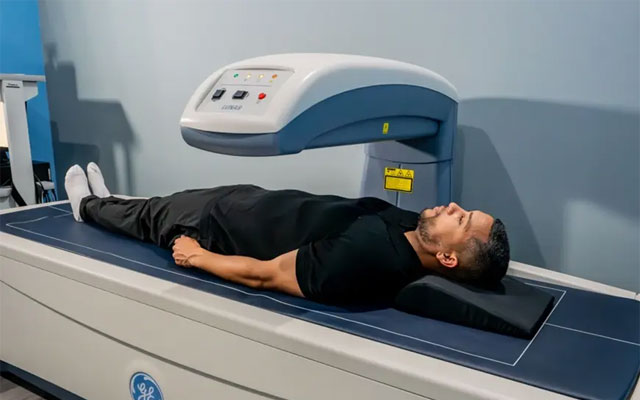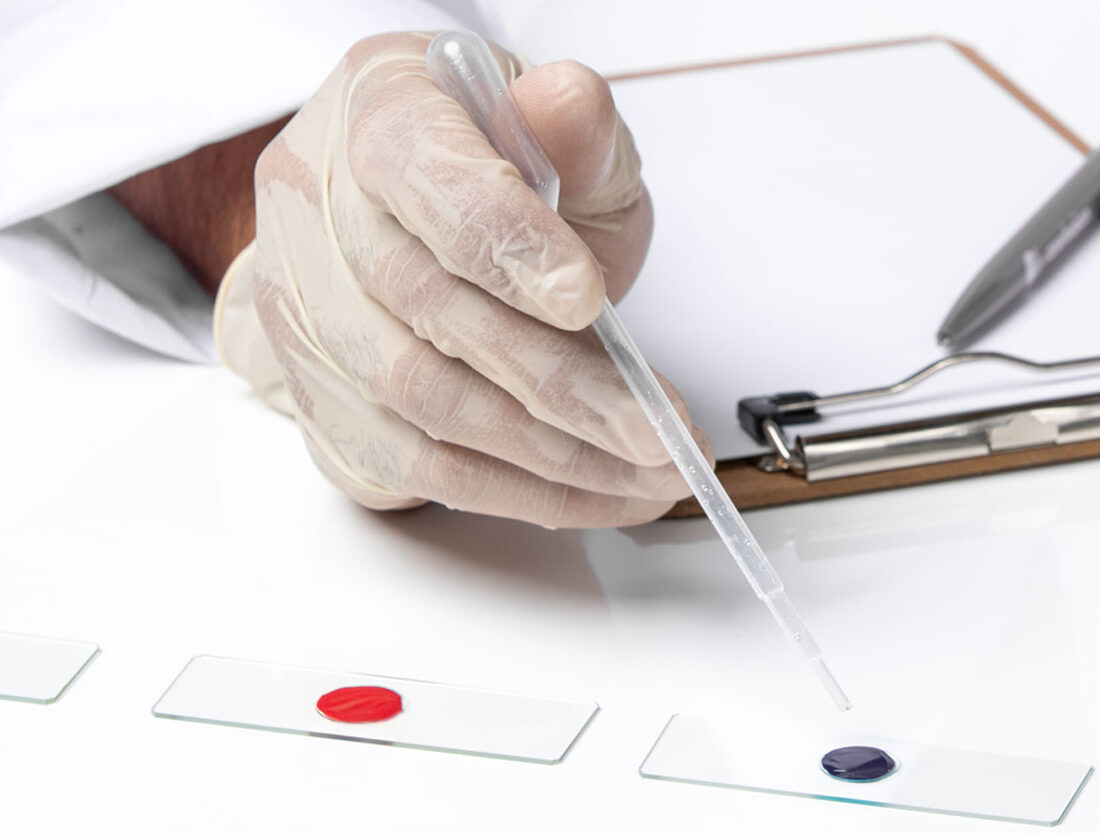DEXA Scan: Bone Density & Body Composition Test

What is a DEXA Scan?
A DEXA (Dual-Energy X-ray Absorptiometry) scan is a quick, painless, and non-invasive test that uses low-dose X-rays to:
✔ Measure bone mineral density (BMD) to detect osteoporosis
✔ Analyze body composition (fat, muscle, bone mass distribution)
✔ Assess fracture risk and metabolic health
It is the gold standard for osteoporosis diagnosis, more precise than regular X-rays.
How Does It Work?
Preparation:
- No fasting needed
- Avoid calcium supplements 24 hours before
- Wear loose, metal-free clothing
During the Scan (10-15 mins):
- You lie comfortably on a padded table
- A scanning arm passes over your body (spine/hip for BMD; whole body for composition)
- Requires no injections or contrast dye
After the Scan:
- Immediate results (T-score/Z-score for bones; fat/muscle percentages)
- Zero recovery time – resume daily activities

Who Should Get a DEXA Scan?
![]()
For Bone Health
Women ≥65 & men ≥70 (routine screening) and Long-term steroid users (e.g., for asthma/arthritis)
![]()
For Body Composition
Fitness enthusiasts tracking muscle gain/fat loss and Obesity/metabolic health monitoring (visceral fat analysis)
![]()
Monitoring Treatment
Tracking osteoporosis medication effectiveness and Post-bariatric surgery nutrient absorption checks

Sample Results Interpretation
Bone Density (T-score)
| Score Range | Diagnosis | Action |
| -1.0 or higher | Normal | Repeat scan in 2–5 years |
| -1.1 to -2.4 | Osteopenia (low bone mass) | Calcium/vitamin D + |
| -2.5 or lower | Osteoporosis | Medication + fall prevention |
Body Composition:
- Healthy fat %: 25–31% (women), 18–24% (men)
- Visceral fat: >100 cm³ indicates high metabolic risk
FAQs : Your Questions Answered
Q: Can it predict knee replacement success?
A: Yes! Poor tolerance may signal need for pre-op physiotherapy.
Q: How often should athletes do it?
A: Every 3–6 months to monitor conditioning.
Q: Is it safe for seniors?
A: With modified (lower/shorter) steps—yes, under supervision.
Q: How should I prepare for a step test?
- Wear comfortable, supportive shoes (no sandals/flip-flops).
- Avoid heavy meals/caffeine 1 hour before.
- Inform your doctor about any recent chest pain or dizziness.
Q: Can the step test detect early arthritis?
A: While it’s not diagnostic, difficulty completing the test due to knee/hip pain or stiffness may signal joint wear, prompting further evaluation (like X-rays or MRI).

